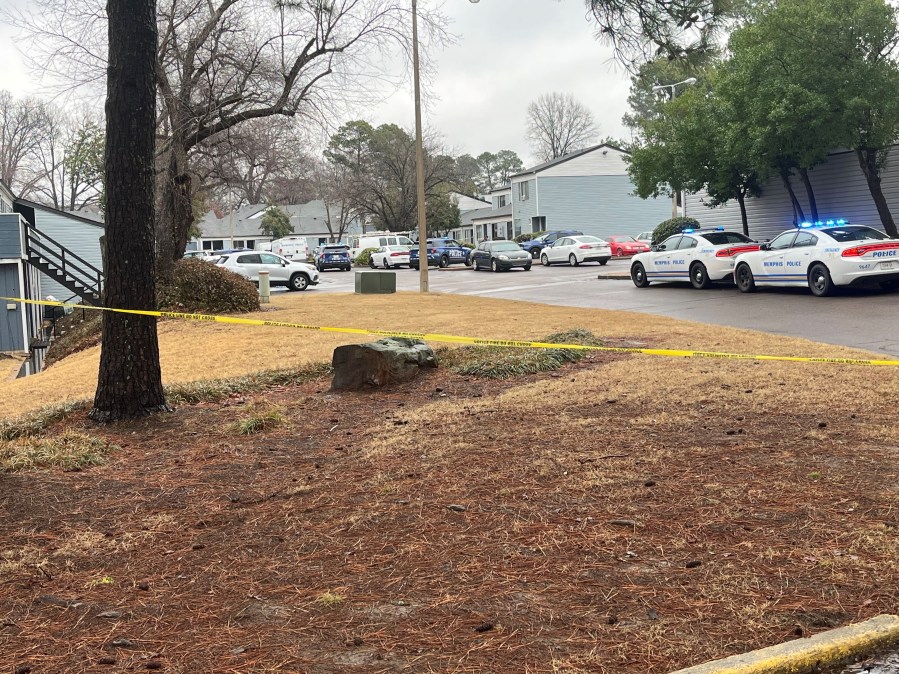🎯 Karakteristik Slot yang Sering Disukai Pemain
1. RTP (Return to Player) Tinggi
Pemain yang serius sering cari slot dengan RTP ≥ 96% karena secara jangka panjang peluang kembali lebih ramah (meskipun tetap acak).
👉 Ini statistik teoretis, bukan jaminan menang.
2. Volatilitas Sesuai Gaya Main
Pemain berbeda punya gaya berbeda:
- 🎯 Volatilitas rendah → menang kecil tapi sering → cocok pemain santai
- 🎯 Volatilitas medium → seimbang antara frekuensi & potensi kemenangan
- 🎯 Volatilitas tinggi → menang besar jarang → cocok yang siap risiko
Banyak pemain “setia” menentukan volatilitas dulu sebelum main.
3. Fitur Bonus yang Aktif
Slot favorit sering punya fitur‑fitur seperti:
- Free spins (putaran gratis)
- Wild ekspansif / pengganda
- Mini game bonus
- Scatter yang sering muncul
Fitur semacam ini membuat sesi terasa lebih dinamis dan sering memberi kemenangan lebih dari spin biasa.
4. Tema & UI/UX Menarik
Kadang pemain “pilih favorit” bukan hanya karena RTP statistik, tetapi juga:
🎨 Tema seru (petualangan, mitologi, film)
🎮 Animasi & efek suara yang bikin betah main lama
📊 Tampilan yang jelas dan nyaman
Ini bukan pengaruh peluang, tapi pengalaman bermain.
🧠 Penting! Ini Bukan Rekomendasi Menang
Cerita dari ribuan pemain sering muncul di forum dan grup:
- “Slot A sering free spin”
- “Game B sering masuk bonus”
- “C terasa sering keluar wild”
Tapi ini bukan bukti matematis. Slot tetap RNG (Random Number Generator) — artinya setiap putaran acak, tidak bisa diprediksi.
🔎 Cara Pilih Slot Lewat Pendekatan yang Lebih Bijak
Daripada cari “slot gacor rekomendasi”, coba perhatikan kombinasi ini:
✅ RTP tinggi (>96%)
→ lebih banyak peluang jangka panjang
✅ Volatilitas sesuai modal
→ modal kecil = volatilitas rendah/medium
→ modal besar = bisa coba medium/tinggi
✅ Fitur bonus yang kamu pahami
→ free spin, wild multipliers, bonus rounds
✅ Batas modal & batas waktu
→ serius main aman, bukan nekat mengejar “jackpot”
📌 Kesimpulan
Apa yang sering disebut “slot gacor menurut ribuan pemain” pada dasarnya adalah:
✔ Slot dengan RTP tinggi
✔ Fitur bonus aktif
✔ Volatilitas sesuai gaya main
✔ Tema & pengalaman yang menyenangkan
Ini bukan rekomendasi pasti menang, tapi pola umum pilihan pemain. Slot Gacor Agen234








